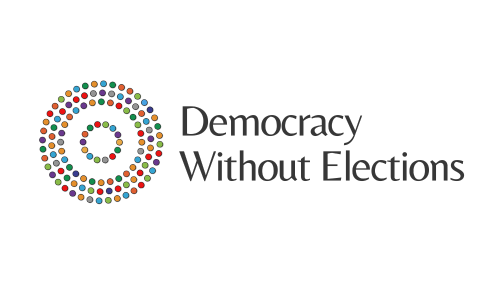Code of Conduct
Code of Conduct: To create a welcoming environment, DWE members must observe the following guidelines:
Recognize that all members are here to support DWE’s mission. Engage in discussions with an emphasis on furthering this collective purpose.
Be mindful of others’ time by keeping contributions concise and relevant. When possible, avoid repetitive statements and stay on topic.
Ensure that all members have an opportunity to share their perspectives. Refrain from interrupting or dominating discussions.
When disagreeing, focus on the topic rather than the individual. Strive to ask clarifying questions, foster a deeper understanding, and explore shared values or goals rather than creating conflict.
Provide feedback in a supportive and constructive way, offering positive suggestions for improvement and avoiding overly critical or dismissive comments.
Be open to new perspectives, even those that challenge your views. Respectfully consider ideas from members with varying experiences or backgrounds.
Avoid using jargon, inflammatory language, or derogatory terms. Instead, choose words that foster connection and clarity.
Focus criticism on ideas, not individuals. Refrain from using language that could be perceived as an ad hominem attack or belittling.
Refrain from sharing personal or sensitive information shared by other members outside of DWE activities unless explicitly authorized.
When disagreements arise, approach them constructively by seeking resolution and finding common ground. Escalate issues respectfully, following DWE’s conflict resolution channels if needed.
Acknowledge and learn from mistakes, and take responsibility for your words and actions.
DWE maintains a zero-tolerance policy for harassment, discrimination, or intimidation based on race, gender, sexuality, religion, disability, or any other personal characteristic.
Warnings and Violations Process:
Violations are determined by the Executive Director.
First Violation: A verbal or written warning, outlining the behavior in question and suggesting corrective actions.
Second Violation: A mandatory meeting to discuss the behavior and potential solutions.
Third Violation: Review by the board and possible revocation of membership, based on a majority vote. Members will be informed of this decision and provided an option to appeal within a specified timeframe.
